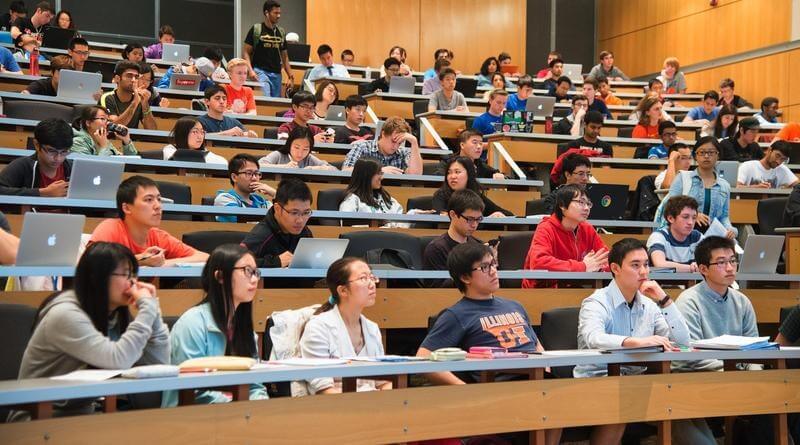Why it matters: With the promise of job security and a great salary, computer science programs across the country have seen a surge in students. The issue is that while the number of undergraduates has more than doubled since 2013, faculty numbers rose just 17 percent.
Going to school to become a doctor or lawyer used to be the dream of many, but computer science is quickly emerging as the 21st century's most sought after degree.
This issue of who will teach the new generation isn't just affecting a few schools who can't afford the extra salaries. Across the country, schools of all sizes are finding it increasingly difficult to manage class sizes with a limited supply of professors.
Lucrative Silicon Valley jobs have lured away much of the talent that would have traditionally gone into academia. The current trend is not sustainable since the number of students in Ph.D. programs has not risen proportionally to the number of undergraduate students.
Schools have tried many different methods in an attempt to deal with the rush of students. This includes limiting enrollment of CS courses solely to CS majors and implementing randomized course lottery systems. As originally reported by the New York Times, these practices may unintentionally discriminate against women, minorities, and first-generation college students.

If a university requires a student to be accepted into the computer science program before registering for a computer science class, this will statistically favor male, more affluent students. Low income high-schools may not have a computer science program to prepare students for college. Women are also less likely to try computer science classes in high school.
One solution that some schools such as the University of Illinois and University of Washington are trying is dual appointments. This is the practice of professors splitting time between industry and academia.
Other potential solutions including adding more entry level and exploratory computer science classes. These are great for a student that wants a feel of computer science, but isn't necessarily committed to majoring in it. These classes can also be taught by less experienced faculty leaving the more senior professors for upper level classes.
The huge increase in the number of computer science students is only projected to get worse, so this problem is likely to be around for some time before it gets better.
